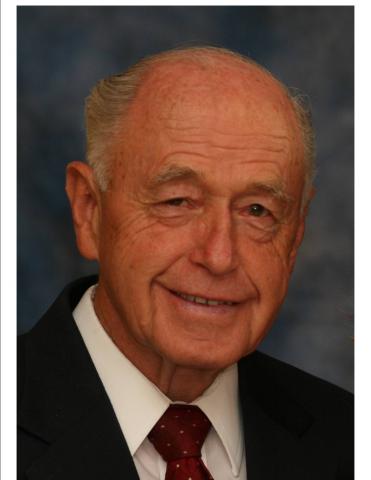
Pleasant View City council recently held a public hearing on a request to rezone a piece of ground to permit construction of an apartment complex. Many citizens spoke against having low cost housing in their neighborhood, and all of the city councilmen unanimously voted to prohibit the development because, they said it did not conform to their vision for the city. The zoning ordinances are written to segregate the more expensive private homes from the lower cost housing provided by the apartments.
Apartments are considered low cost housing - with objections often given that they cause traffic congestion, increase crime, and depress surrounding real estate values where the neighborhood is more expensive private homes. These objections may have some truth, but are given to get around the legal requirements that zoning may not be used to discriminate, or segregate on the basis of race, religion or economic status.
A thoughtful person may question whether there is actually more traffic congestion with 150 apartments or 150 private homes? The developer is required to provide the street and access structures to reach the collector streets, and the collector street congestion would probably be about the same in either case.
Is there a question whether apartments or even low incomes cause crime? It may be true that the factors that cause low income may also cause crime, but one may ask, “what are the causative factors?” Does segregating people into groups, such as high and low income, tend to increase gangs or decrease them? Does segregating into classes on any basis promote unity and peace? There really is a need to address the causes of crime rather than the symptoms - and not confuse the two.
Though the first two reasons given to justify segregated housing may not really have a basis, there probably is some truth in the statement that low income housing adjacent to more expensive private homes has a reducing effect on home values. And why is that? If pride is a factor, most people would probably deny it in themselves, but say that it exists in the community at large. They may say, “It is not that I have the pride, but it is had by all those who would be prospective buyers in a resale.”
We ordinarily do not want to admit to pride personally. So we try to hide it by putting it on someone else. The city council and the law make good cover. Nevertheless, our laws really are a pretty accurate representation of who we really are. These zoning laws - that segregate income classes - have not been part of our society for very many years. These are relatively new. Is our society changing? Do these laws cure or exacerbate our social and economic problems? This is not a practice in Pleasant View only, but is the same in all our cities.
We may deny it, but the fact is that most of the cities do have segregation based on zoning laws. We may endeavor to justify it in the same way they endeavored to justify slavery and make it legal, but zoning segregation will have it's consequences. If we are willing to cast out the poor, where will that end? We may even have some of our own family that needs low priced housing.
I personally want more space and do not want to live in an apartment, but I have done so on several occasions and was thankful for it. Laws that constrict the land available for apartments actually increase the cost, and hurt those who need lower living costs. If we have it in our hearts that we segregate housing based on economic status, that is, “casting out the poor”, and that is not good. But when our laws apply force to that sentiment, we magnify the evil. Shall we cast out the poor, and shall we continue to deny that we are doing it?